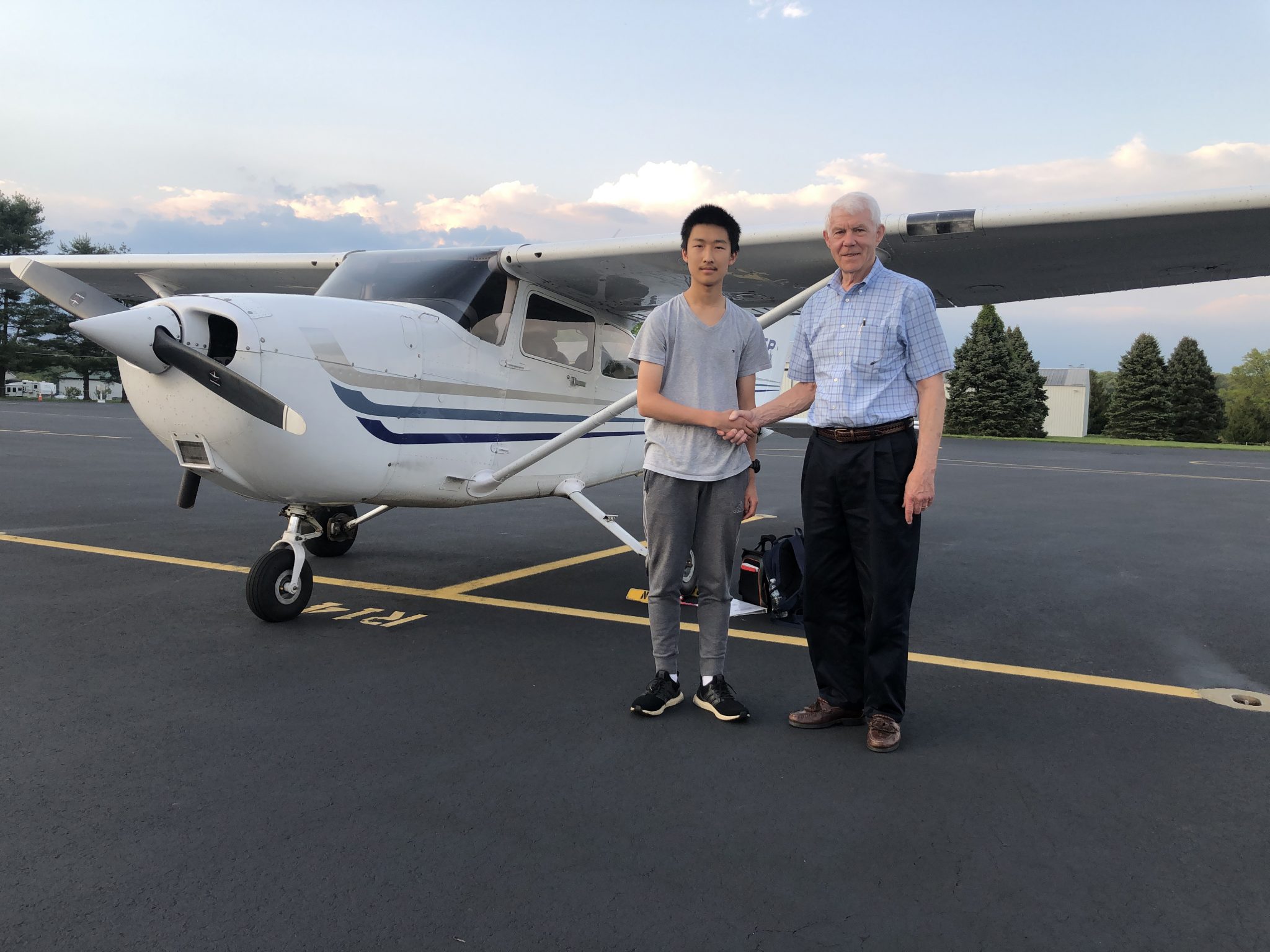Pennington School junior Haichuan “Jack” Wang has earned first place honors at the 2020 Mercer Science and Engineering Fair (MSEF) by creating a design for an aircraft detector of foreign debris on runways.
He won the honors in the senior division of the general engineering section in the MSEF.
Wang would have qualified for the Regeneron International Science and Engineering Fair with the first place win. The international fair has 1,800 dedicated science students competing for $5 million in awards each May, according to organizers.
The organizers added that the annual competition had been cancelled due to the novel coronavirus outbreak.
“Jack’s love and interest for aviation led him to not only discover the foreign debris problem on runways, it also fueled his passion to solve the problem. He saw a need to make runways safer and more efficient, while reducing the costs associated with runway maintenance,” said Susan Wirsig, director of applied science at the Pennington School. “Now that Jack has won first place in the state science competition, more doors will open for him to take his idea to the next level.”
She added that the award gives credit to his scientific competency in approaching the invention, as well as his resilience to overcome obstacles that surface when making an idea a reality.
Wang’s project is track-based detector that can identify and categorize foreign object debris (FOD) on airport runways from different angles automatically.
According to the Pennington School, the detector consists of a base unit, including a movable track; a LIDAR sensor, providing redundancy; and a rotating camera.
The detector is intended to minimize possible foreign debris incidents, reduce operational costs, and increase operational efficiency.
Wang has been working on his project for nearly a year, according to Wirsig.
“Through my discussions with Jack over the past year about his project, I grew to respect his level of understanding about the foreign debris problem and his ability to bring forth a viable solution,” Wirsig said. “He contacted a number of runway controllers to better understand the flow of runway traffic. Jack also contacted visual programmers to learn how sensors could work on the device. He had an overall vision for a solution and actively sought out experts to whom he could bounce his ideas.”
Wang secured first place at MSEF by submitting a detailed online poster of his invention and completing an interview with eight professors.
MSEF was set to be held in-person at Rider University, but because of coronavirus organizers had to move to a virtual fair.
Wirsig said she wants her students to takeaway from Wang’s win the notion of using their interests and experience to make improvements to the world.
“Connecting with experts to learn more, while staying focused on solving the problem is a great approach. So, in short, I’d like for my students to have insight to see a problem, be creative to think of a solution, and have courage and confidence to follow the solution to the end,” Wirsig said.

